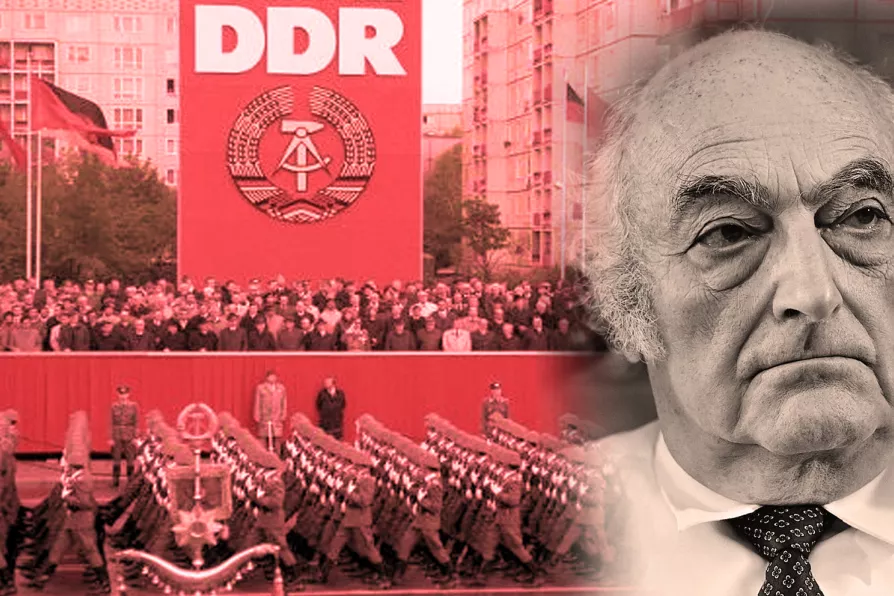Honduras may not be as much in the spotlight as Venezuela and Cuba right now, but Trump's circling vultures are making their move. JOHN PERRY reports

 After leaving the US in the 1950's, writer Stefan Heym returned to Germany, living — sometimes as a critic of the government — in the GDR until it was dismantled. He died in a reunified Germany in 2001.
After leaving the US in the 1950's, writer Stefan Heym returned to Germany, living — sometimes as a critic of the government — in the GDR until it was dismantled. He died in a reunified Germany in 2001.
STEFAN HEYM — journalist, novelist, essayist — and a lifelong socialist, died 20 years ago, aged 88, on December 16 2001. His unfading commitment to humanity through his writing and actions must be remembered and celebrated.
Born in 1913 into a prosperous Jewish family in the industrial east German town of Chemnitz, he was Helmut Flieg until he changed his name after fleeing to Czechoslovakia in March 1933, the youngest literary escapee from the newly installed Nazi regime. More than one change of country lay ahead for him.
The Flieg family’s textile business had no attraction for the growing Helmut. In September 1931, already anti-militarist, he produced a poem prompted by a newspaper report of German military officers being sent to China as instructors.

JOHN ELLISON recalls the momentous role of the French resistance during WWII













